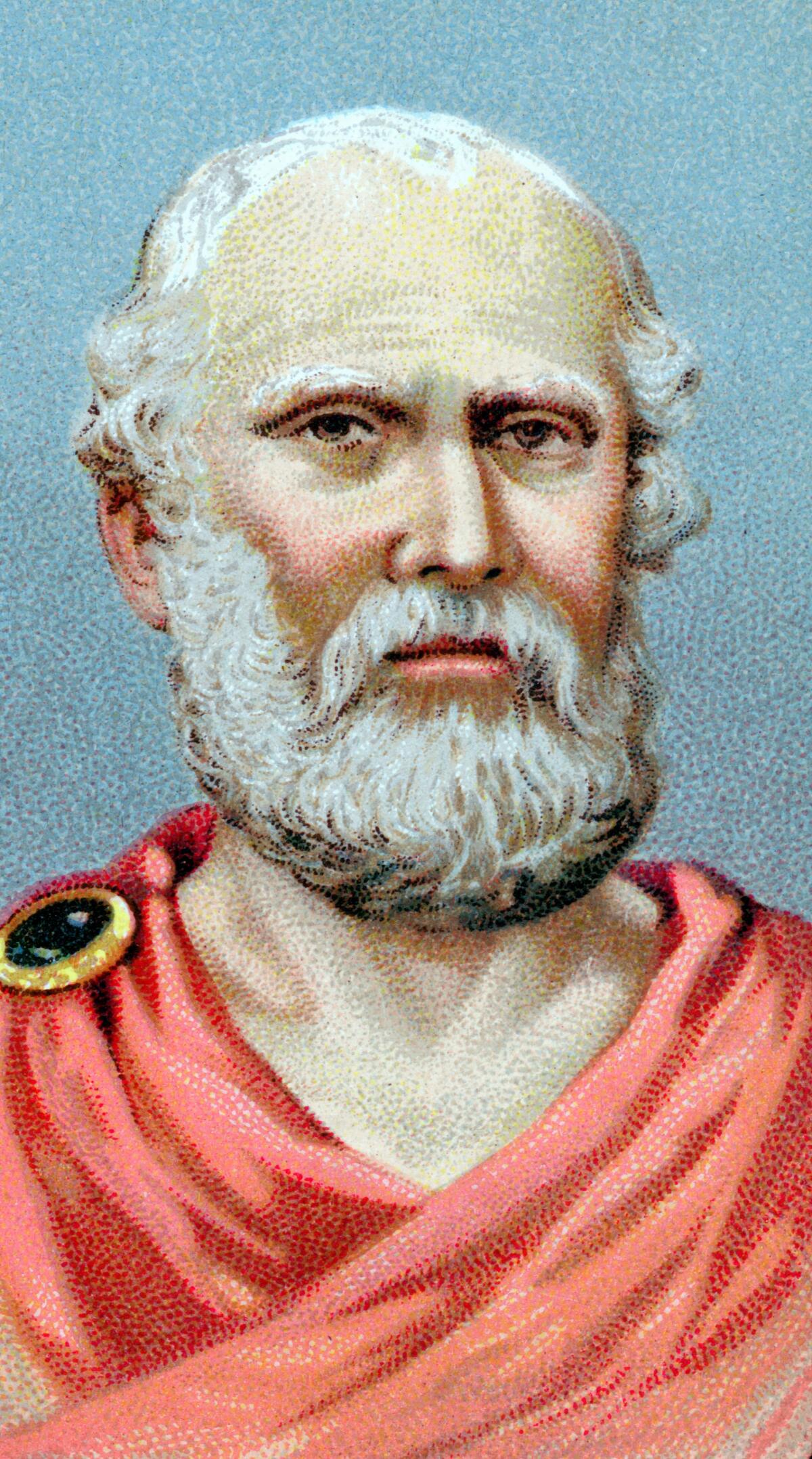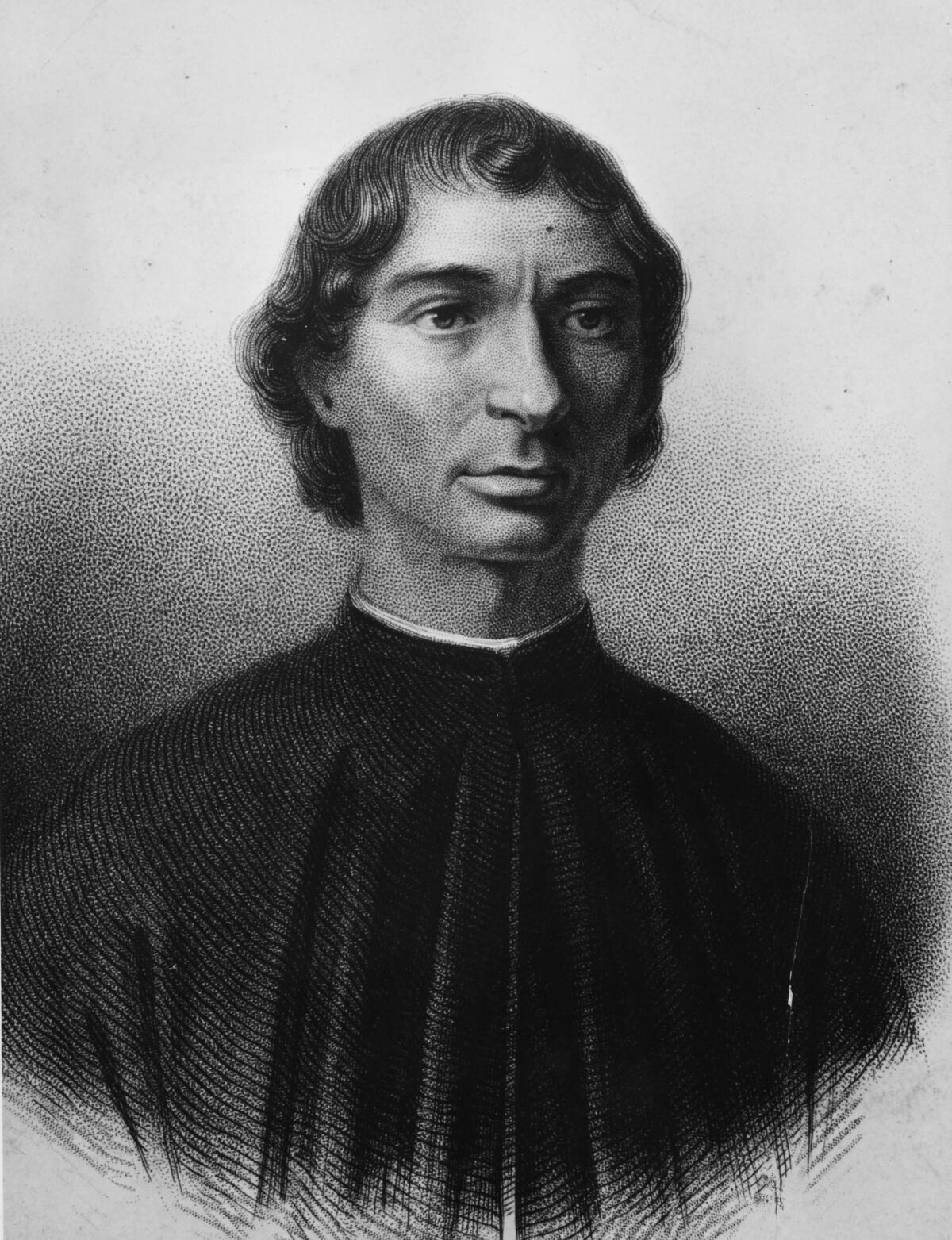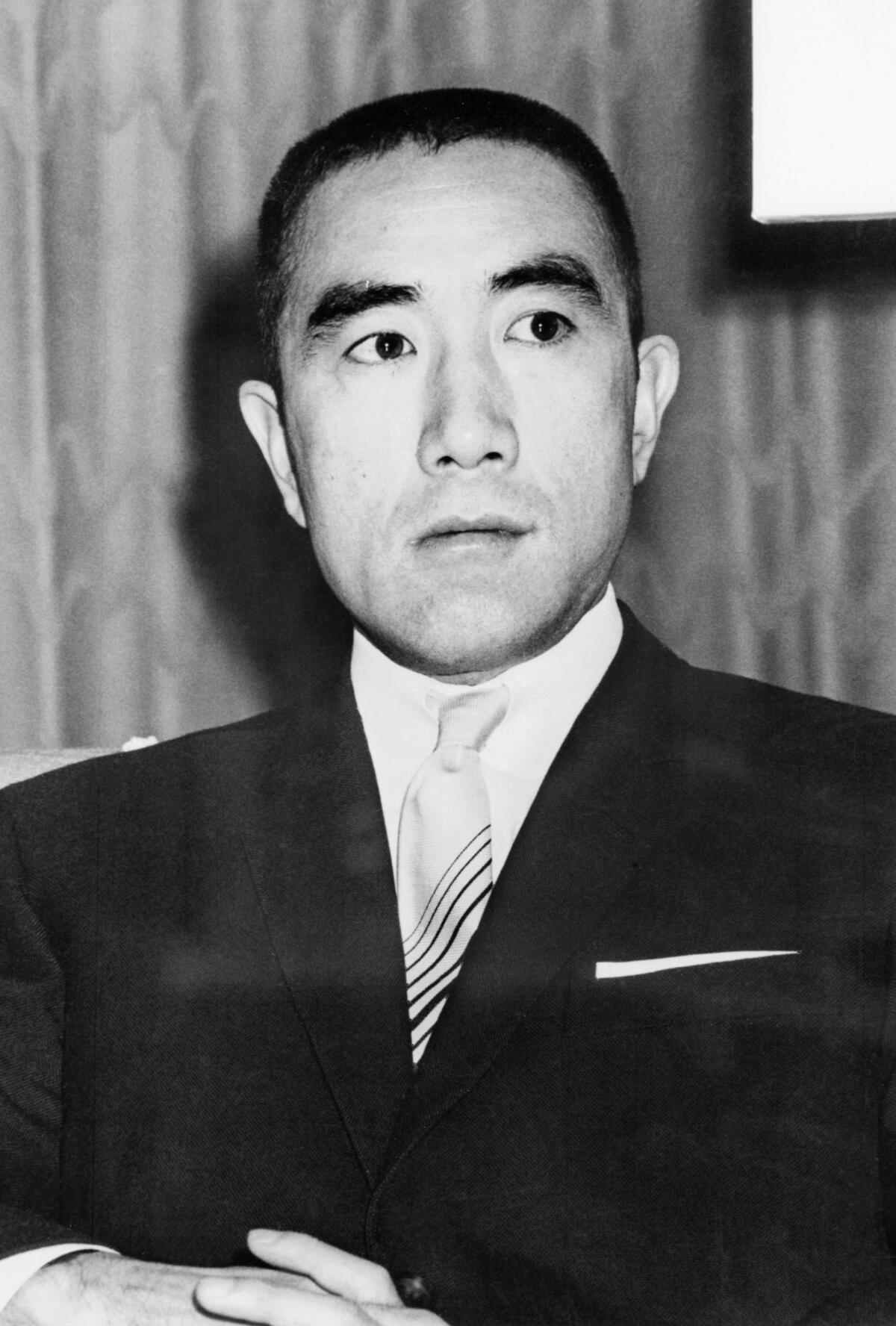Rulers vs. writers: The pre-Trump prehistory of author suppression
- Share via
For those who believe in the First Amendment, President Trump’s lawsuit against John Bolton is alarming. It’s also nothing novel. The history of rulers looking to suppress speech they perceive as opposing their self-interest is long, rich and unsettling. Wherever there is power, there is someone hoarding it, and wherever there is ego, there is someone trying to protect it. A (highly incomplete, Western-focused) list of conflicts shows that it was ever thus.
The prominent theorist and author of “The First” also tackles Twitter and deep fakes — and asks if the 1st Amendment is obsolete.
Plato vs. the poets

Dispute: In his “Republic,” Plato argues that the ideal society must exile its poets. Balking at the idea that they are truth-tellers, he calls these rabble-rousers “imitators” who are “thrice removed from the king and from the truth” — agents of corruption among the youth and of passion over logic. He explicitly calls for their banishment, unless the work makes “a defense for herself” as useful to a “well-ordered State.”
Result: No one exiled all the poets from Athens in the 4th century B.C.E.; Western culture was grateful.
Imperator Caesar Divi filius Augustus vs. Ovid
Dispute: The poet himself attributes Augustus’ disfavor to “a song,” or poem, “and an error,” likely referring to “Ars Amatoria,” a series of licentious elegies published in around 2 C.E., which in part recommends places in Rome where it was possible to seduce women — including the premises of the Temple of Apollo Palatinus, Augustus’ patron deity. But most scholars agree that the mysterious “error” was the real issue; some speculated that Ovid discovered Augustus had committed incest.
Result: Ovid was banished from Rome to what is now modern-day Romania in 8 C.E. and died there a decade later. People still read his poems, though.
The Medicis vs. Niccolò Machiavelli

Dispute: Following the ouster of the Medicis from Florence, Machiavelli enjoyed nearly two decades of political influence. But in 1512, the powerful family returned to Florence for 25 years of rule. And they were not happy with Machiavelli’s having played both sides.
Result: The adviser was stripped of his positions, accused of conspiracy and imprisoned and tortured for nearly a month. He later went on to write his famous realpolitik primer, “The Prince,” dedicated to Lorenzo de Medici with an obsequiousness now considered to have been just a little tongue-in-cheek.
King Henry VIII vs. Thomas More

Dispute: In the 1530s, the famously wife-happy king tried to get his marriage to Catherine of Aragon annulled by the Pope, which didn’t go well for him, so he declared himself supreme head of a new faith, the Church of England, that was a little more lax about divorce. More, a devout Catholic, refused to swear the Oath of Supremacy, which acknowledged the ruler of England as the head of its church.
Result: Henry did to More exactly what he would go on to do to some of his wives: had him convicted of treason and decapitated.
Japanese government vs. Yukio Mishima

Dispute: The widely revered novelist and right-wing nationalist was very unhappy about the westernization of his country following its defeat in World War II. And he didn’t just write about it. He formed an unarmed Royalist militia, the Tatenokai, and on Nov. 25, 1970, he and four others tried to storm a Tokyo military base, taking the head of the base hostage and demanding that the Self-Defense Forces overturn Japan’s 1947 constitution.
Result: Mishima and his crew were mocked by the soldiers at the base; he committed seppuku, or ritual suicide. In this case, at least, the writer silenced himself.
United States v. Daniel Ellsberg et al.
Dispute: In 1971, Ellsberg, a former U.S. military analyst, leaked the Pentagon Papers, a study detailing top-secret details of U.S. involvement in Vietnam. The Nixon administration did everything it could to stop the New York Times and Washington Post from publishing it by exercising prior restraint to protect national security — and prosecuting Ellsberg under the Espionage Act of 1917, which prohibits the release of information that could harm U.S. interests.
Result: The charges against Ellsberg were dismissed due to illegal gathering of evidence and other instances of government misconduct. The cases New York Times Company vs. United States and United States vs. Washington Post Co. had the same outcome: Prior restraint was deemed unjustified. Free speech 3, government 0.
21st century governments vs. contemporary writers
Dispute: In Egypt, novelist Ahmed Naji was accused of “violating public modesty.” Among those China has persecuted are Chinese-born Swedish publisher Gui Minhai and journalist Gao Yu. Israel charged Palestinian poet Dareen Tatour with “support for a terrorist organization” and “incitements to violence” in her poems, and Turkey jails writers for “insulting the president,” Recep Tayyip Erdoğan. In the U.S., of course, there’s the Bolton case.

Result: Naji was jailed for two years and is now in exile. Gui was sentenced to 10 years in prison earlier this year; Gao Yu has been imprisoned multiple times. Tatour was detained for five months in 2018. Turkish prisons have recently held more journalists critical of the government than those of any other modern country. And Bolton isn’t out of the woods; while his book was cleared for publication, the judge in the case suggested he “gambled” with national security, exposing himself “to civil (and potentially criminal) liability.” The fight goes on.
More to Read
Sign up for our Book Club newsletter
Get the latest news, events and more from the Los Angeles Times Book Club, and help us get L.A. reading and talking.
You may occasionally receive promotional content from the Los Angeles Times.








